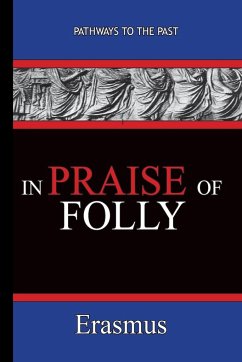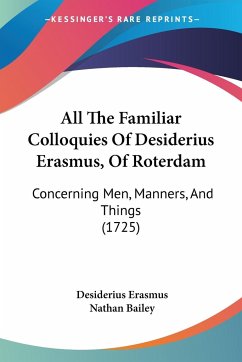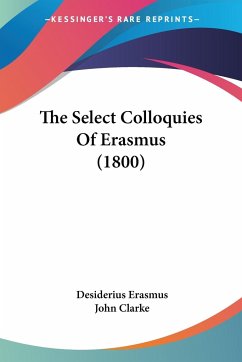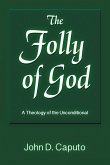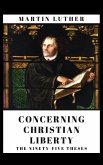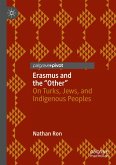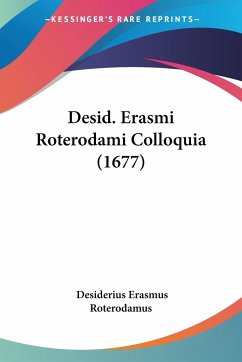"Praise of Folly" by Dutch humanist and scholar Desiderius Erasmus is considered one of the most important works of literature in Western Civilization. The essay is a classic satirical work in the style of Lucian, the ancient Greek satirist, in which the Goddess of Folly extols the virtues of frivolousness and indulgence of one's passions, then moves to a darker praise of delusion and madness, and finally turns to a satirical examination of Christian superstition and the corruption of the clergy. In a humorous way, "Praise of Folly" reveals the greed and abuses of power of the Roman Catholic Church at the time and is seen as a catalyst for the Protestant Reformation. Desiderius Erasmus of Rotterdam (1466-1536) was known as Prince of the Humanists - though a theologian, a Catholic priest and the leading European scholar of his time. A close friend of Sir Thomas More, Erasmus' writings had a strong influence on the growing movement for change in Christian Europe, both Lutheran and the Counter-Reformation. These two essays are among his most important - and well-known - writings. 'The Praise of Folly', written in Latin in 1509 and spoken by the goddess Folly (who champions a lively enjoyment of life), was a bold satire on (in the cautious contemporary environment) not only Western classical traditions but also the Catholic Church. Dedicated to More himself, Erasmus wittily challenged entrenched views in so forthright (and humanist) a style that it could have brought him in direct conflict with the papacy. Fortunately the pope, Leo X, enjoyed the humour and the challenge!
Hinweis: Dieser Artikel kann nur an eine deutsche Lieferadresse ausgeliefert werden.
Hinweis: Dieser Artikel kann nur an eine deutsche Lieferadresse ausgeliefert werden.

